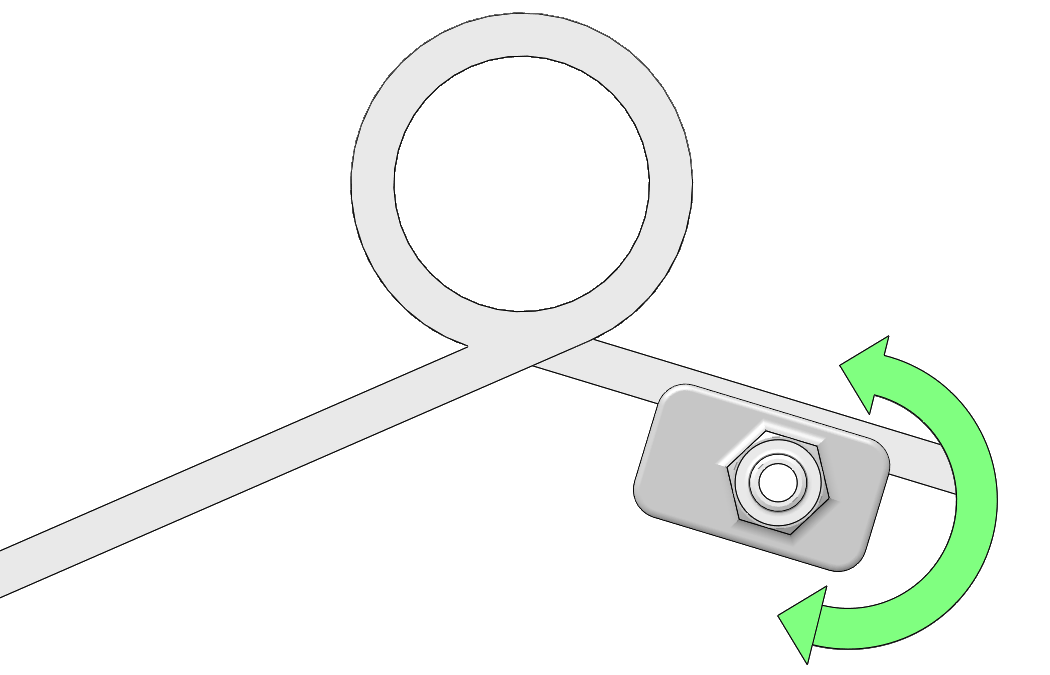
Content Source: 2021 600R Owner’s Manual (9931266 Rev 01) > The Perfect Fit Chapter
| IMPORTANT |
|
The Owner's Manual for this vehicle contains warnings, instructions and other information you must read and fully understand before safely riding or performing maintenance on this vehicle.Always follow the warnings and instructions in Owner's Manual. Click the CONTENTS link above for the Table Of Contents, or download a full PDF of the Owner Manual in the Owner Support area of Polaris.com |
| TIP |
| Keep the suspension pivot points lubricated. This will reduce moisture and rust build-up and ensure proper function of the suspension components. Grease rear suspension pivots before adjusting the rear suspension. Refer to Suspension Maintenance beginning on page 98. |
To adjust the rear torsion spring, rotate the adjuster cam to the desired adjustment. The cam has three sides, LOW, MEDIUM and HIGH.

| NOTICE |
|
Cam shown in low position. |
| Standard Position | |
|---|---|
| Front Track suspension high speed adjuster | 20 clicks out from fully turned in position |
| Rear Track suspension high speed adjuster | 16 clicks out from fully turned in position |
| Do not turn the adjuster past the minimum or maximum adjustment. The adjuster may be damaged. |
| Standard Position | |
|---|---|
| Front Track suspension low speed adjuster | 20 clicks out from fully turned in position |
| Rear Track suspension low speed adjuster | 12 clicks out from fully turned in position |
| Do not turn the adjuster past the minimum or maximum adjustment. The adjuster may be damaged. |
© Copyright Polaris Inc. All rights reserved.